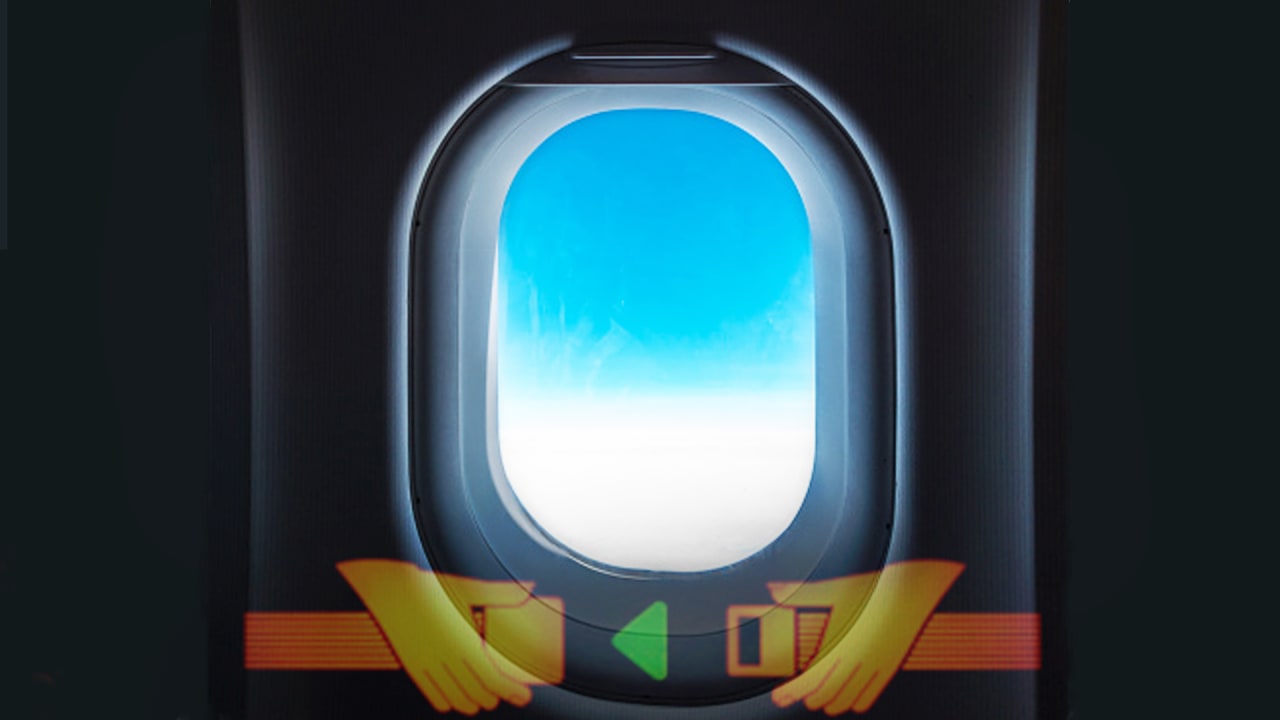How Boeing’s safety problems are impacting our flying habits
If there are any exceptions to the rule that all publicity is good publicity, surely they include viral news stories about broken equipment—especially when that equipment happens to break at 16,000 feet in the air. The door-plug blowout on a Boeing aircraft back in January was one of a number of plane-related safety incidents that have captured headlines over the past several weeks. The midair mishap, which took place on an Alaska Airlines flight out of Portland, Oregon, has brought increasing scrutiny on the aerospace manufacturer, including an ongoing investigation by the National Transportation Safety Board (NTSB). It’s also seeped into popular culture and even spawned a recent skit on Saturday Night Live. And air travelers are definitely paying attention. Among Americans who are aware of the Boeing blowout and other recent air-travel incidents, 43% said such stories have made them less comfortable with flying, according to an exclusive new Fast Company-Harris Poll. And although roughly the same percentage said that the stories had no impact on their comfort level in the air, only 10% said they felt more comfortable taking an airplane in the wake of the incidents. The survey has implications for the broader air-travel industry, which must strike a delicate balance between reinforcing to the public that air travel is statistically safe, while at the same time not downplaying some of the horrifying things that sometimes go wrong. But messaging is likely to be only so effective. According to the survey, a good percentage of people who plan to travel by air in the next 12 months say the safety incidents have already prompted them to shift their behaviors in subtle ways. That includes 47% who said they are more likely to wear a seatbelt when not required, 30% who said they are more likely to pick a seat in sections of the plane that they perceive as safer, and almost half who said they are paying more attention to safety materials. Perhaps more consequential for companies involved in safety incidents, 40% of respondents said such incidents have made them more likely to consider the model of the airplane they're flying on, and 36% said they are more likely to consider which airline they're using for upcoming flights. The survey, conducted among U.S. adults in early February, found that the Boeing door-plug blowout was by far the safety incident that consumers were most likely to have heard about, with 64% saying they were aware of the accident—which resulted in several injuries, but miraculously no deaths. That was followed by the runway collision that left a passenger plane engulfed in flames in Tokyo in early January, an incident that 29% of respondents had heard about. Boeing and Alaska Airlines did not respond to requests for comment on the survey's findings. Last week, the NTSB revealed in a preliminary report that the malfunctioning door plug had been missing bolts on the Boeing 737 Max 9 aircraft after it underwent repairs. Dave Calhoun, Boeing's CEO, said in response that the company is accountable for the incident. "An event like this must not happen on an airplane that leaves our factory," he said. "We simply must do better for our customers and their passengers."

If there are any exceptions to the rule that all publicity is good publicity, surely they include viral news stories about broken equipment—especially when that equipment happens to break at 16,000 feet in the air.
The door-plug blowout on a Boeing aircraft back in January was one of a number of plane-related safety incidents that have captured headlines over the past several weeks. The midair mishap, which took place on an Alaska Airlines flight out of Portland, Oregon, has brought increasing scrutiny on the aerospace manufacturer, including an ongoing investigation by the National Transportation Safety Board (NTSB). It’s also seeped into popular culture and even spawned a recent skit on Saturday Night Live.
And air travelers are definitely paying attention.
Among Americans who are aware of the Boeing blowout and other recent air-travel incidents, 43% said such stories have made them less comfortable with flying, according to an exclusive new Fast Company-Harris Poll. And although roughly the same percentage said that the stories had no impact on their comfort level in the air, only 10% said they felt more comfortable taking an airplane in the wake of the incidents.
The survey has implications for the broader air-travel industry, which must strike a delicate balance between reinforcing to the public that air travel is statistically safe, while at the same time not downplaying some of the horrifying things that sometimes go wrong.
But messaging is likely to be only so effective. According to the survey, a good percentage of people who plan to travel by air in the next 12 months say the safety incidents have already prompted them to shift their behaviors in subtle ways. That includes 47% who said they are more likely to wear a seatbelt when not required, 30% who said they are more likely to pick a seat in sections of the plane that they perceive as safer, and almost half who said they are paying more attention to safety materials.
Perhaps more consequential for companies involved in safety incidents, 40% of respondents said such incidents have made them more likely to consider the model of the airplane they're flying on, and 36% said they are more likely to consider which airline they're using for upcoming flights.
The survey, conducted among U.S. adults in early February, found that the Boeing door-plug blowout was by far the safety incident that consumers were most likely to have heard about, with 64% saying they were aware of the accident—which resulted in several injuries, but miraculously no deaths. That was followed by the runway collision that left a passenger plane engulfed in flames in Tokyo in early January, an incident that 29% of respondents had heard about.
Boeing and Alaska Airlines did not respond to requests for comment on the survey's findings.
Last week, the NTSB revealed in a preliminary report that the malfunctioning door plug had been missing bolts on the Boeing 737 Max 9 aircraft after it underwent repairs. Dave Calhoun, Boeing's CEO, said in response that the company is accountable for the incident. "An event like this must not happen on an airplane that leaves our factory," he said. "We simply must do better for our customers and their passengers."






















